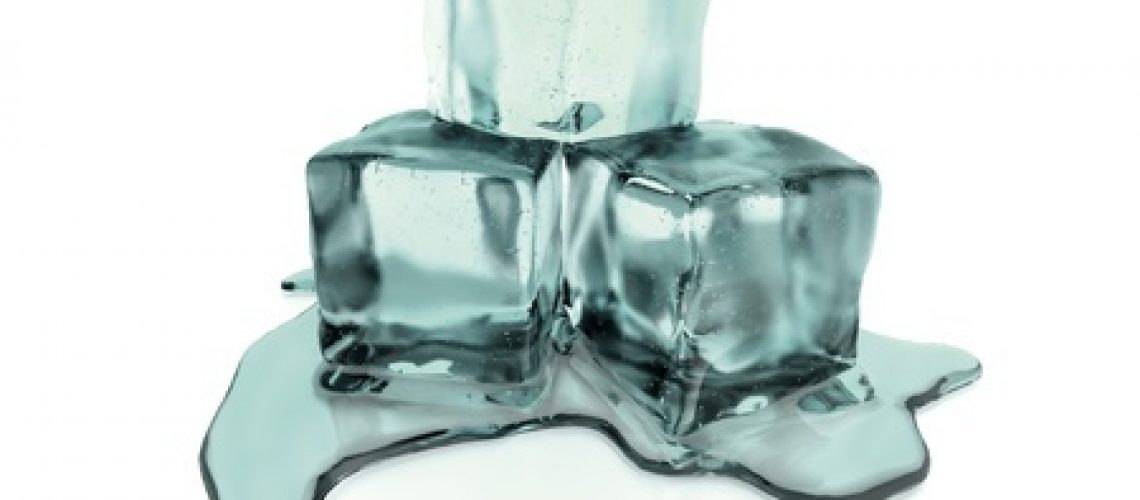The type of water that you have in your home can have an impact on those big ticket items that you rely on to make your household run smoothly. Once you understand the type of water you have in your home, you can take steps to make sure everything is at its most tip-top shape.
• Hard Water. How many phrases with the word “hard” in them that create a positive image in your mind? Hard-headed is used as a negative connotation; if you think of a hard-headed person, you probably think of someone that’s stubborn and difficult to deal with. When we talk about hard water, we’re talking about the same idea.
Hard water tends to offer negative effects to the people and appliances for which it’s responsible. If you’ve noticed that your soap doesn’t work very well or you feel like your shampoo doesn’t ever feel like it’s rinsed out, you may have hard water. Hard water contains high concentrations of minerals and sulfates which build up very easily and wash away with much difficulty. Your appliances’ pipes and internal workings are likely suffering the same build-up as are your hair and skin. Basically, the mineral and sulfate build-up can make your machines need to work harder, particularly if the pipes and lines are starting to clog from the excess of materials found in the water.Your appliances may also begin to suffer the effects of corrosion from the presence of these minerals.
• Soft Water. Keep in mind that Goldilocks never once tried out the water when she was talking about things being too hard, too soft, or just right. If she had, she probably would have stopped when she tried the soft water. You see, soft water is much kinder to its appliance friends than its hard water counterpart. Soft water contains significantly fewer elements than hard water (if any at all), and it’s much less likely to cause corrosive problems to your dishwasher, washing machine, and other household appliances. Although soft water can be naturally occurring, it may not be readily available to you. As such, there’s no shortage of options to help you soften your water to increase the life and longevity of your home’s machines.
• Distilled Water. When you think of your household appliances that need water, you probably immediately think of your dishwasher and washing machine, right? What about all of those appliances that you use daily, like your coffee maker, iron, or espresso maker? Although smaller, these appliances are often used much more frequently than your big appliances, and as such, can suffer the effects of water contaminants much more quickly. Have you ever noticed that your iron is rusting? That rust then transfers from your iron to your clothes, and now the domino effect is in full force. Distilled water is, in effect, a water that’s gone through a boiling process to remove as many non-water substances as possible, thus producing the purest possible liquid, which is perfect for your small appliances.
Analyzing the type of water you have in your home isn’t nearly as daunting of a task as you may think. Environment Canada and The Environmental Protection Agency in the USA has gone to great lengths to help take the mystery out of water. You can find laboratories and offices by their websites. There are also tons of online companies that offer water testing services, but, like always, you’ll want to be sure that you’ve done as much research on those companies as you’re doing on your water to be sure that you purchase a high-quality and legitimate company’s services.

